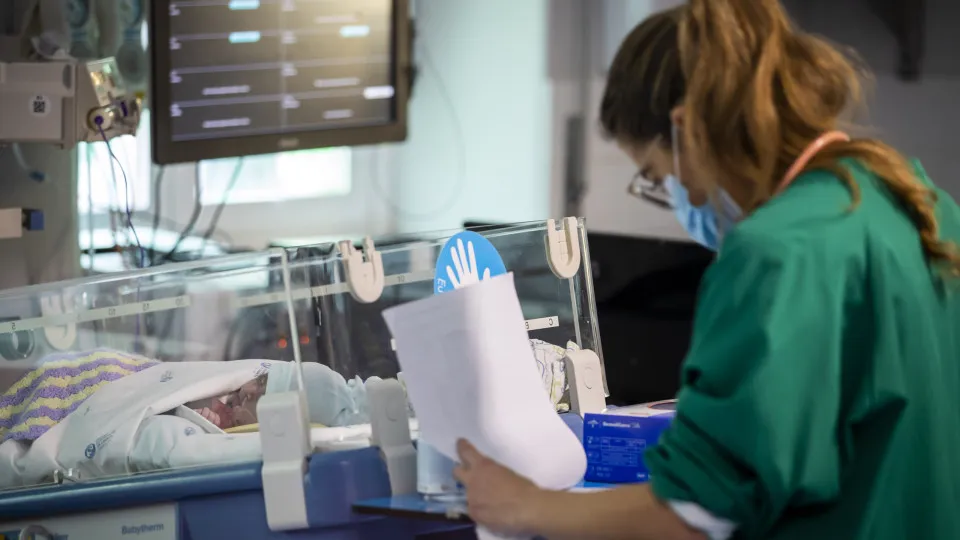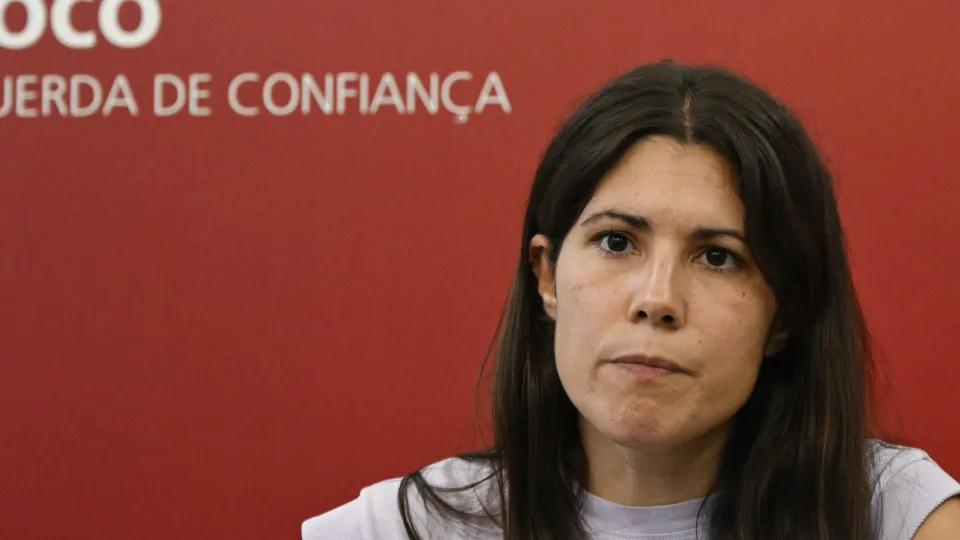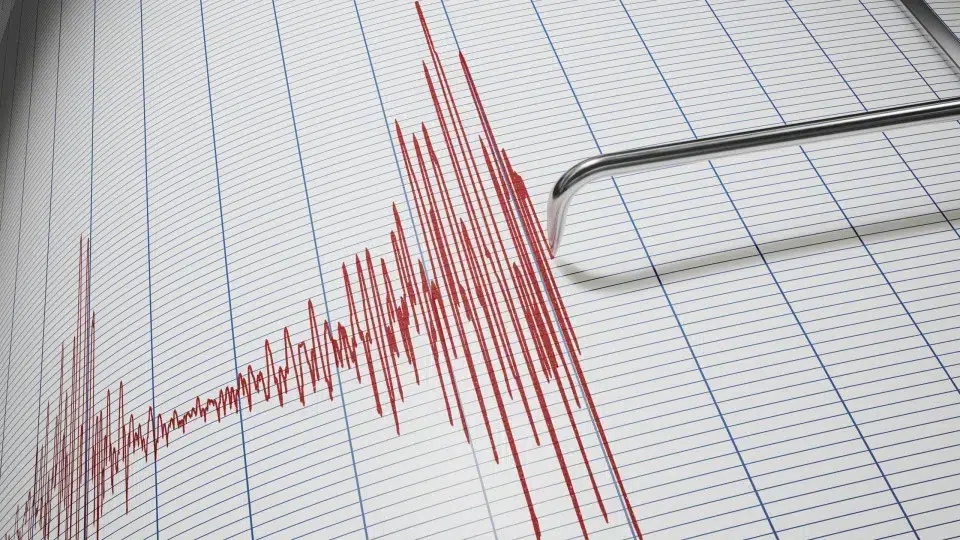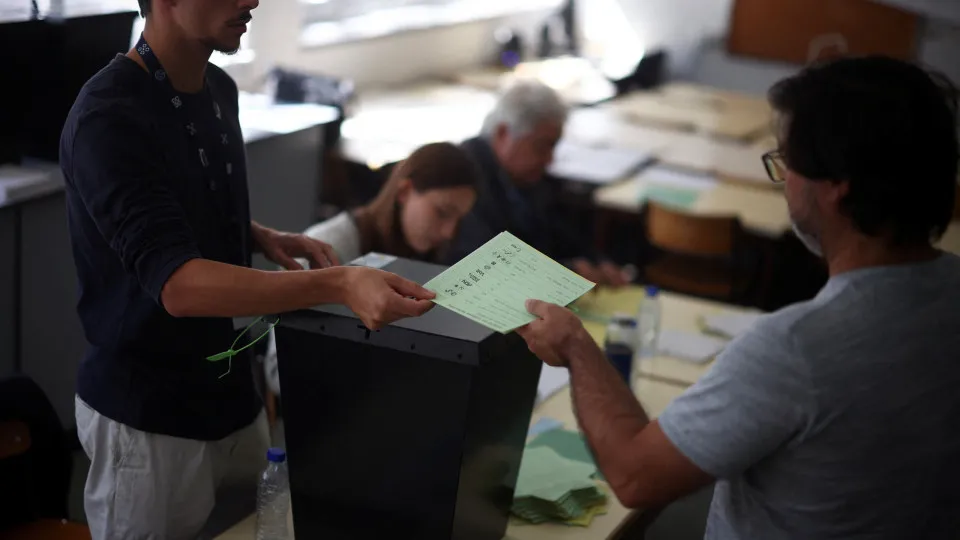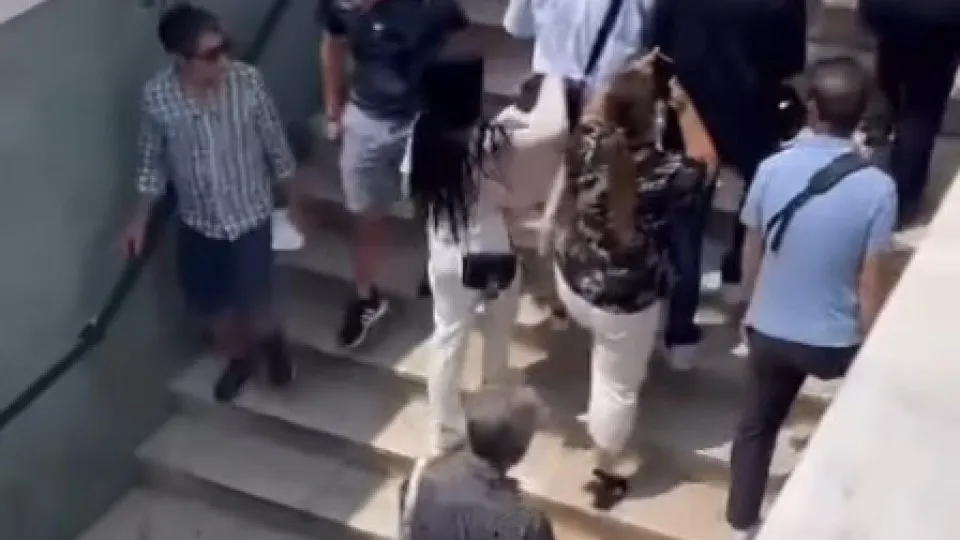
Portugal has become a key target for international pickpocketing networks, with Lisbon being the most affected city. In pursuit of these criminals, alongside the Joint Task Force Against Pickpocketing (F3C) established by the PSP in 2018, informal groups of ‘hunters’ have emerged, amassing thousands of followers on social media.
The page Pickpockets Lisbon boasts over 72,000 followers on Instagram, while Patrulha Pickpockets Lisboa has 44,000.
These groups, similar to efforts in other European cities such as Madrid, Paris, Rome, and London, share videos and photos of pickpockets who roam the streets of the Portuguese capital daily looking for their next victim.
One unique feature is a “collection album,” developed in collaboration with Patrulla Madrid, boasting 715,000 followers, which identifies many pickpockets not only with their country’s flag but also with their names.
In certain cases, beyond filming and exposing the pickpockets both on social media and in public, the ‘hunters’ even throw dyes on them to mark them and disrupt their illegal activities for the day.
Numerous residents and shopkeepers from Lisbon’s popular areas express gratitude towards the efforts of these groups, having lost faith in the justice system, as admitted by residents from Graça and Belém to Notícias ao Minuto.
“Those who commit these crimes are often detained but, more often than not, they walk free from the court, repeatedly granted release under terms of identity and residence,” they told us.
This sentiment is echoed by the PSP, who confirmed to Notícias ao Minuto that while pre-trial detention is rare, even rarer is actual imprisonment. This is despite most pickpockets currently operating in Portugal being foreigners and well-known to other European authorities.
So far, no complaints about ‘hunters’. But caution is advised…
Notícias ao Minuto sought clarification from the PSP regarding the legality of the pickpocket ‘hunters’.
Via email, the security forces explained that, similar to any citizen conflict situation, in cases of private or semi-public crimes, the PSP can only intervene if aware of the crime, requiring formal complaint filing to initiate a criminal inquiry by the competent Judicial Authority.
Therefore, “it is possible we may be dealing with situations that could constitute criminal offenses, leaving it to the Public Prosecutor’s Office to determine if such acts qualify as crimes.” However, “to date, no complaints have been formally filed with the PSP” regarding this conduct.
Should a complaint arise, the authorities clarified that the images published online “could potentially serve as evidence in a criminal inquiry.”
In response to questions posed by Notícias ao Minuto, the PSP also emphasized living in a democratic state where crime repression lies with the competent authorities, thus “discouraging any such movements or activities.”
Notícias ao Minuto attempted to contact the administrators of the concerned pages but has yet to receive a response. The administrators have initiated a public petition calling for harsher sentences for pickpockets in Portugal, gathering slightly over 1,300 signatures since June.
638 pickpockets arrested; only 61 sentenced to actual imprisonment
Despite complaints about judicial inefficacy, the public holds a different view of the PSP’s operations, acknowledging their pivotal role in countering pickpocketing in Portugal, particularly in densely populated and tourist-heavy areas of Lisbon and Porto.
These cities, along with some public transportations, are frequently targeted by pickpockets due to high tourist activity.
In an explanation provided to Notícias ao Minuto about these crimes, the PSP stated that since 2013, it has been part of “an informal European network of pickpocketing specialists, focused on sharing information and knowledge about organized networks of itinerant suspects who make pickpocketing their way of life.”
Furthermore, in 2018, the Joint Pickpocketing Task Force (F3C) was established. From then until the first half of this year, the police have arrested a total of 638 pickpockets across the country, with only 85 facing pre-trial detention.
Out of those tried, the PSP notes only 61 received actual imprisonment sentences. Meanwhile, 60 had suspended sentences, 142 were put under periodic reporting conditions, and 201 were fined, with the total fines exceeding 130,000 euros.
During these seven years, F3C members reviewed over 5,000 hours of surveillance footage, aiding in suspect identification and understanding their modus operandi.
In total, the agents have recovered over 3 million euros in goods and cash.
Rise in incidents and arrests
An analysis of the past years, according to PSP data provided to Notícias ao Minuto, reveals a notable increase in identified pickpockets, arrests, and incidents, especially after the pandemic in 2022. In 2020, this law enforcement recorded 2,956 incidents nationwide related to this theft type, a figure that nearly doubled in 2024, reaching 5,762.
The number of arrests also saw a notable rise, jumping from 32 to 149 over four years, with identified individuals increasing from 177 to 379.
Analyzing by semesters, considering the first half of 2025, escalating detentions of pickpockets in Portugal is evident. In the first semester of 2023, 32 were arrested, 75 during the same period in 2024, and 80 in the current year’s first semester.
Pickpocket profiles and hotspots
Unlike previous years, most pickpockets active in Portugal are foreigners, belonging to international networks.
Often disguised as tourists, wielding phones as if taking pictures, they typically operate in pairs or trios, the PSP notes, “targeting wallets containing cash, though there’s a growing interest in debit and credit cards, which are fraudulently used afterward.”
Lisbon, Porto, and the Algarve are the main areas affected in Portugal, with tourists and public transportation being prime targets.
In Lisbon, the parishes of Belém, Santa Maria Maior, São Vicente, Arroios, Alvalade, and Parque das Nações are the most critical. Through Pickpockets Lisbon, it’s evident that Cabo da Roca in Sintra is also a preferred locale for such crimes.
PSP’s advice for preventing pickpocketing:
- Store your belongings and valuables in inner pockets;
- Avoid carrying items like phones and/or wallets in rear or visible pockets;
- Do not carry large amounts of cash and/or valuables;
- Keep bags and backpacks closed and close to your body;
- Preferably, carry backpacks in front of your body rather than on your back, especially in public transport or crowded areas;
- Reinforce your bags/backpacks’ security by using a small padlock or a simple clip.
The PSP urges reporting of any known crimes, whether as a victim or witness, and reminds that the quicker this report, the sooner efforts can be made to identify the perpetrator(s).

